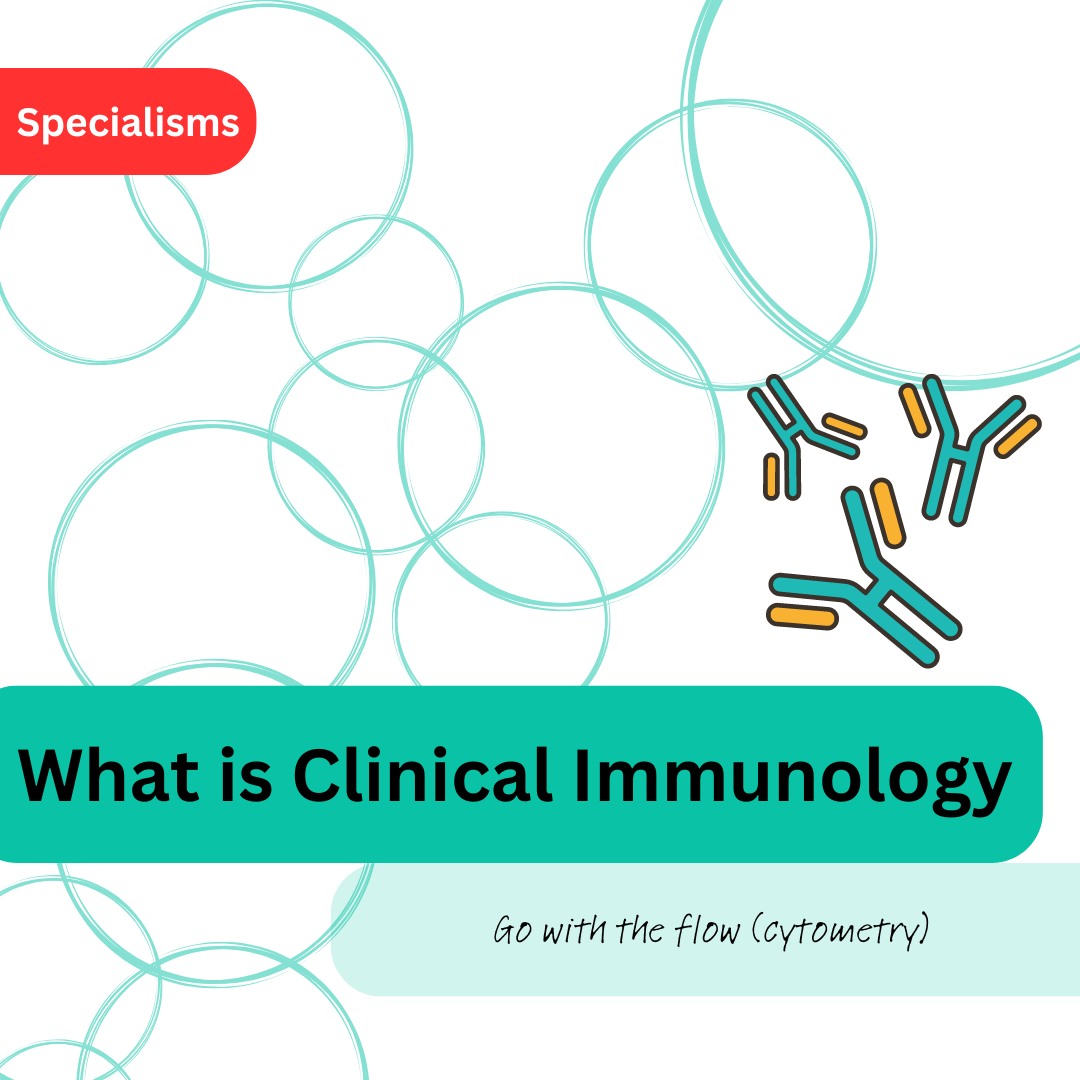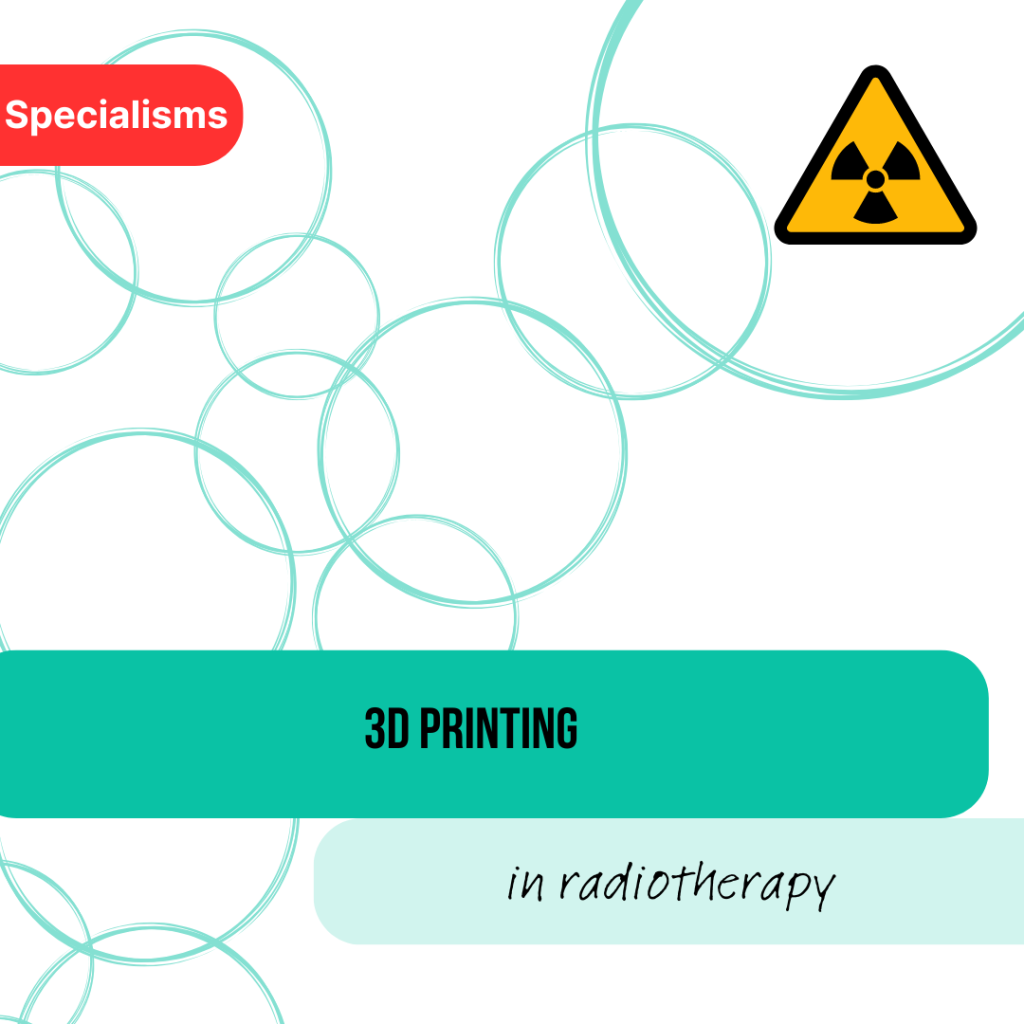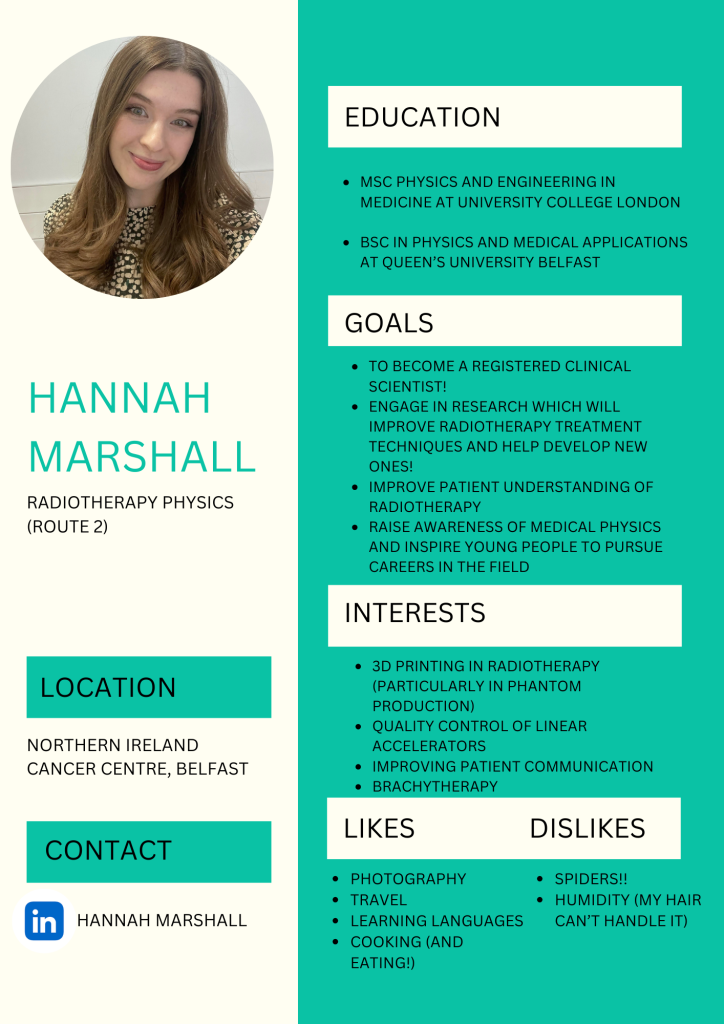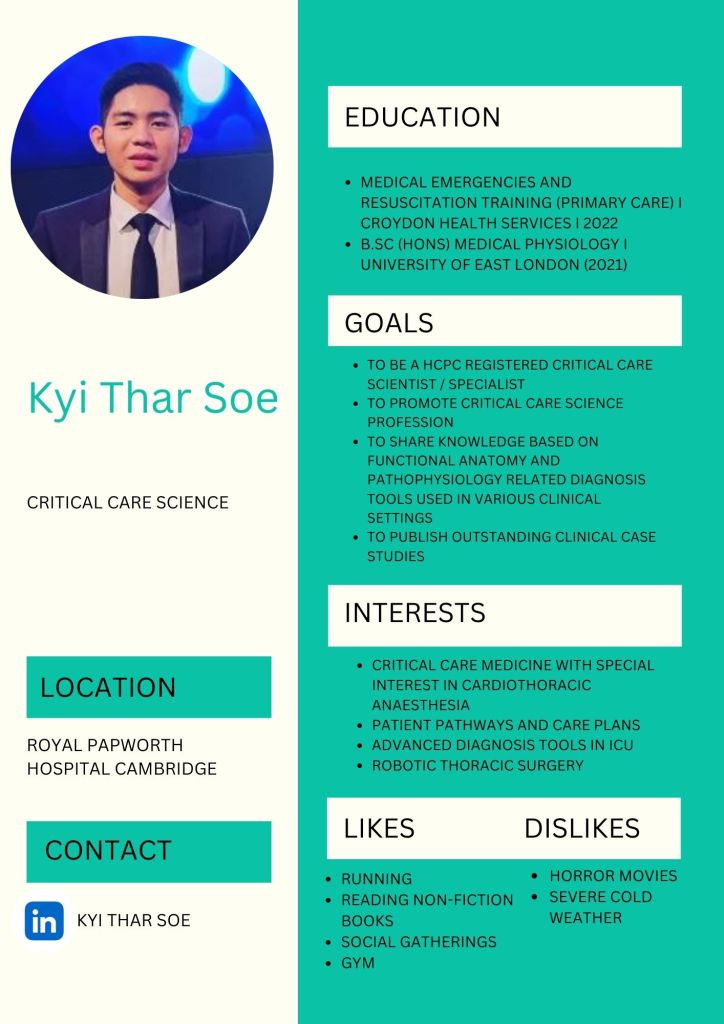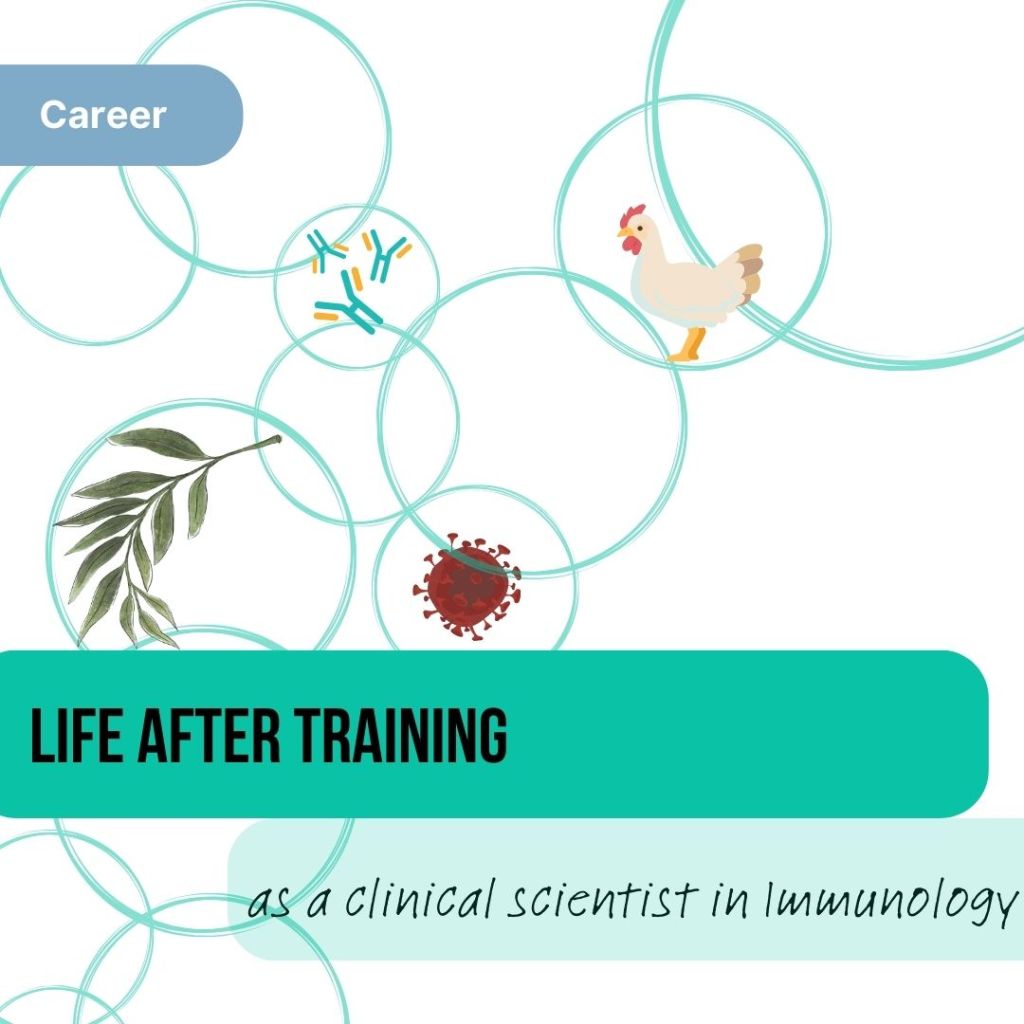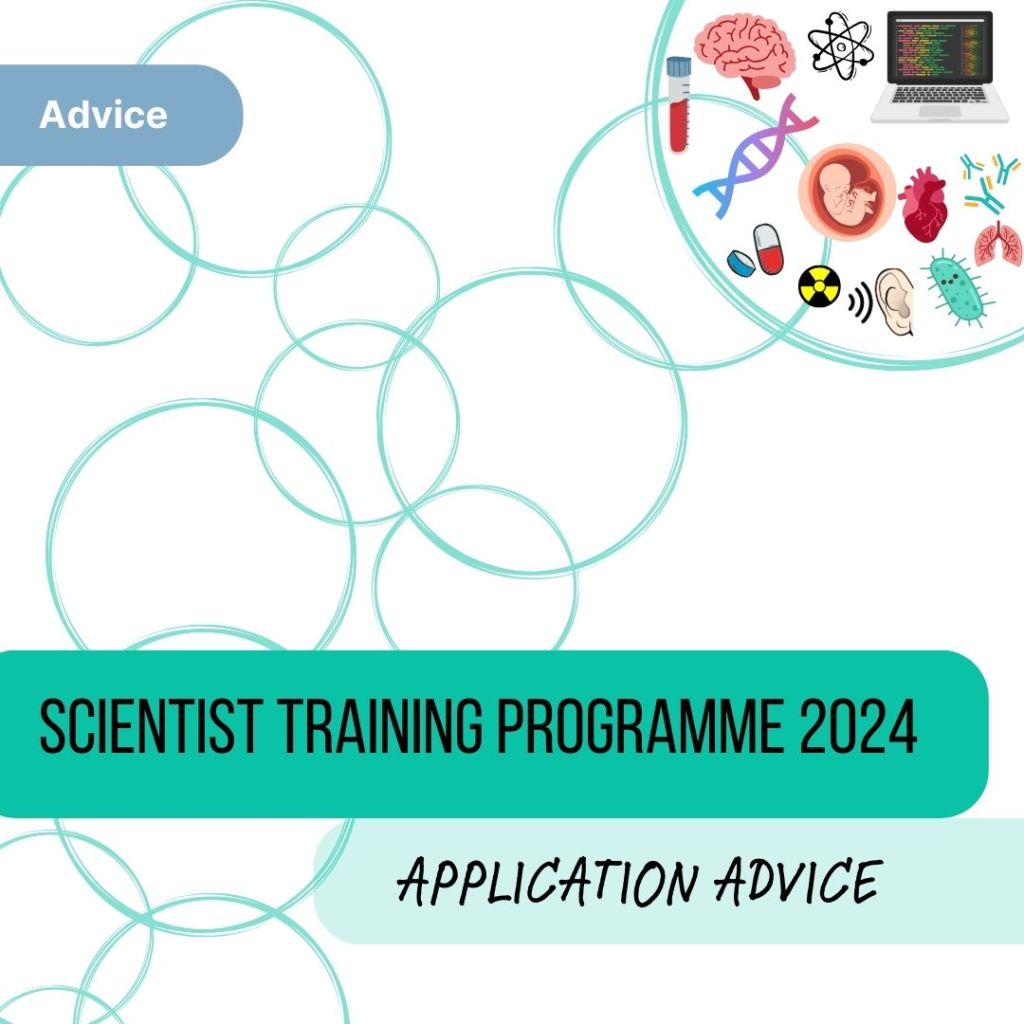Hello, I’m Helen and I’m a second year STP in Clinical Immunology. I work with University Hospitals Sussex and so get to work across a few of our hospitals (but mainly based in Brighton). Clinical Immunology is part of the blood sciences group which works closely with Biochemistry, Haematology and Genomics specialties. It’s an area that varies a lot depending on the hospital you are training in but there are four main areas that we test:
- Autoimmunity – eg. Systemic Lupus Erythematosus (SLE), Celiac disease, Rheumatoid arthritis
- Immunodeficiency – eg. Severe Combined Immunodeficiency (SCID), X-linked agammaglobulinemia (XLA), Chronic Granulomatous Disease (CGD)
- Allergy – eg. Anaphylaxis, Oral Allergy Syndrome, Drug allergies
- Haematological Oncology – eg. Chronic Lymphoblastic Leukaemia, Multiple Myeloma

